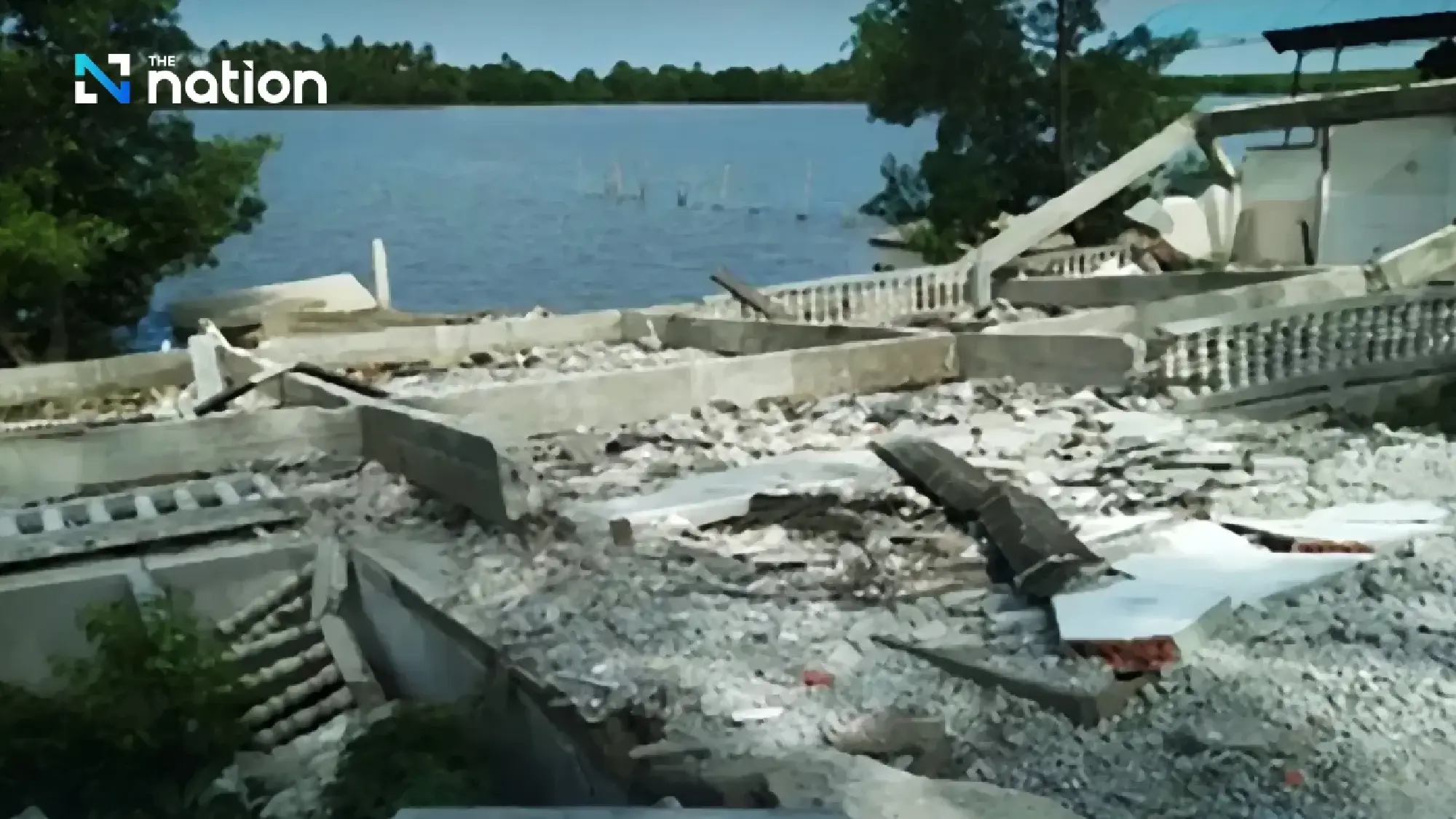October 9, 2024
BANGKOK – The unrest in Thailand’s southern border provinces was a major challenge for Thaksin Shinawatra during his term as PM. And even though the political era has shifted with his daughter now in power, this issue might continue to haunt them.
A statement made by the former leader on January 4, 2004, regarding the resistance movement in the southern border, referred to them dismissively as “petty criminals”. However, the situation escalated and despite Thaksin’s firm grip on power at the time, he was unable to resolve the issue.
An “eye for an eye” approach was initially adopted but many soon realised that violence could not solve the complex problems of the region. The southern conflict, therefore, became an unrelenting adversary for Thaksin and his administration.
The Tak Bai incident, which saw protesters surrounding the Tak Bai police station in Narathiwat transported in military trucks to Ingkhayutthaborihan Camp in Pattani, resulted in the deaths of 78 people due to suffocation during the transfer. This incident left families grieving and reignited the southern conflict.

General Pisan Wattanawongkiri was the Fourth Army Region commander at the time and played a key role in the incident. He is one of the individuals now facing an arrest warrant from the Narathiwat court, as the statute of limitations for the case approaches its expiration on October 25.
Today, General Pisan is a party-list MP for the Pheu Thai Party but has mysteriously disappeared. A search of his residence in Pak Kret, Nonthaburi, by police yielded no results. A caretaker informed the authorities that General Pisan was travelling abroad.
That news prompted the court to issue an arrest warrant, believing that he intended to flee.
The recent car bomb near the district chief’s residence in Tak Bai has raised concerns, with Deputy Prime Minister and Defence Minister Phumtham Wechayachai admitting that it may have been an attempt to apply pressure regarding the impending expiration of the Tak Bai case.
Such developments do not bode well for the government’s efforts to resolve the southern conflict.
Many believe that if the government sacrifices a pawn to save the king by seeking out General Pisan and bringing him to justice, it would benefit Prime Minister Paetongtarn.

This is a crucial opportunity for the government to regain public trust and demonstrate its sincerity to the people of the region, showing that they are allowing the justice process to move forward without obstruction.
Regardless of the past errors in policy decisions made by previous governments, the actions of Paetongtarn’s administration are now key. These will have a significant impact on whether the government faces more friction or manages to defuse tensions.
No one can predict whether allowing the statute of limitations to expire will escalate the situation further, especially with the opposition People’s Party, which has many ideological allies in the southern border provinces, ready to challenge the government in Parliament.
At this point, the Prime Minister and her government may be able to turn this crisis into an opportunity, transforming a negative situation into something positive, instead of allowing multiple issues to build up, which could play into the hands of the opposition, who are waiting to take advantage.


